Seven Must-Read Books for Summer
Including a controversial memoir, this year's Man Booker winner and the latest effort from the author behind 'Call Me By Your Name'.
There are countless ways to select must-read books for the holiday season. The months leading up to summer 2018-19 have been particularly kind to the bookish amongst us, with a number of the most-loved contemporary authors (Murakami, Ondaatje, Atkinson) publishing new material. The list that follows, however, abides by one simple criterion: these are seven books that we want to read, but have shelved until summer because we know they will require our full attention. These books are immersive, knotty and uncomfortable. In other words, they are guaranteed to get you thinking and should provide flavourful fodder for otherwise bland Christmas dinner conversations.

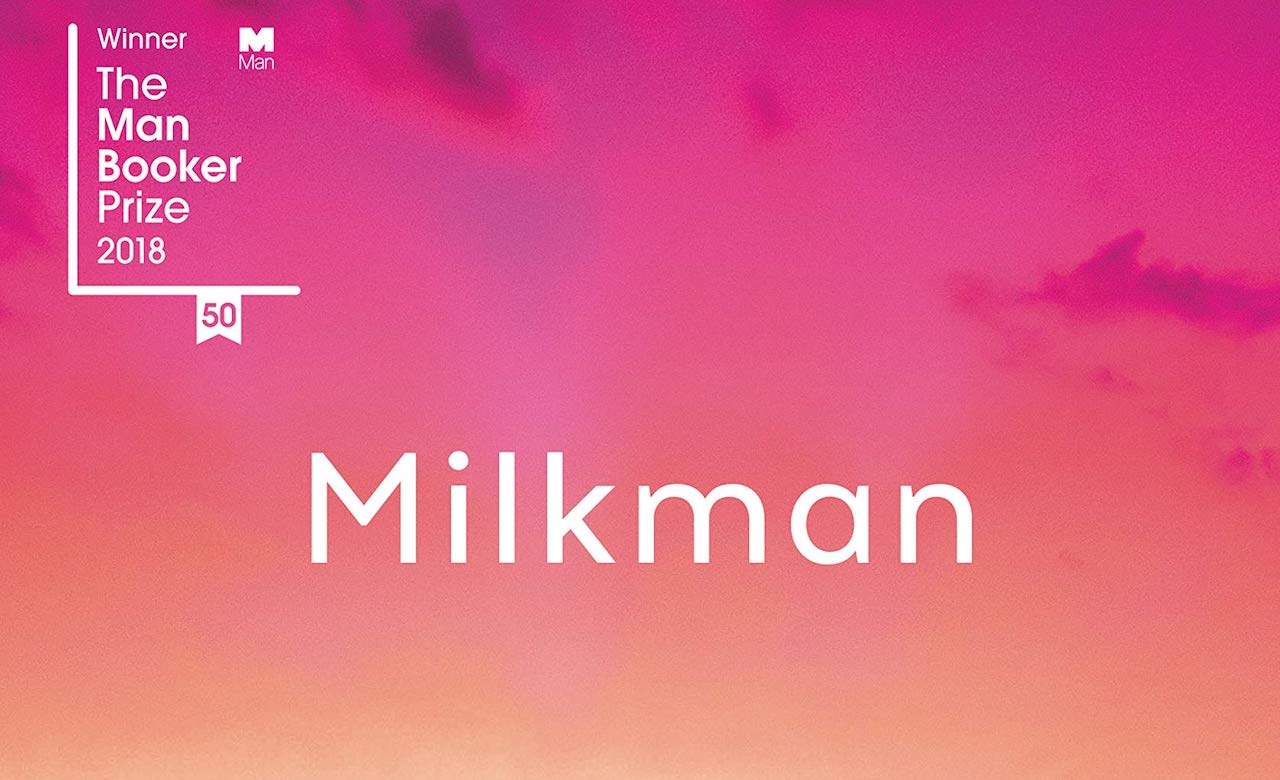
MILKMAN BY ANNA BURNS
In search of a cerebral workout? Anna Burns' Milkman is just the ticket. The novel made her this year's Man Booker Laureate and continues the prize's trend of riving audiences into seemingly irreconcilable factions with its dense prose and no-easy-answers-given plot. There is its pseudonymous 18-year-old female protagonist, its undeclared always opaque setting (Belfast, in the 1970s), and its dearth of habitual interpretative signposts including paragraph breaks, dialogue and punctuation. But such a formalist echoing of the narrative's own syncopated and lacerated content (sexual harassment, the IRA, civil unrest and bombings) is meant to confound our ordinary ways of apprehending narratives, since these mechanisms fail or risk misconstruing tales of trauma. To truly enjoy the book, one must simply give oneself up to its paranoid, relentless cadence; its rules (or lack thereof). As Harriet Baker of the Times' Literary Supplement puts it, "Burns doesn't write about fear so much as create the experience of it."


ENIGMA VARIATIONS BY ANDRE ACIMAN
If, like me, you only discovered André Aciman last year with the release of the film adaptation of his first novel Call Me By Your Name, you too may find yourself itching, or indeed aching, to read more of his work. Though its title appropriates the name of Edward Elgar's famed suite, Aciman's latest effort bears a rather 'enigmatic' relationship to those glorious pieces of music (they are never mentioned in the text, but without saying too much, there are a number of textured thematic coalescences). As was assuredly the case with Call Me By Your Name, the estival settings of a number of Enigma Variations' sections make it the perfect companion for a lazy sun-dappled afternoon beneath a tree, cider or other appropriate beverage in hand.


CONVENIENCE STORE WOMAN BY SAYAKA MURATA
Best-selling Japanese author Sayaka Murata's English-language debut is a quietly brilliant critique of late-capitalist culture and society. In particular, it addresses the conformism that this system often demands and perpetuates. Her novel never moralises nor condemns the choices of those who do conform in order to get by, but it certainly penetrates its subject with fluorescent lighting of a convenience store. Told through the eyes of its 36-year-old protagonist Keiko Furukura who, realising at an early age that society has only disdain for figures of alterity, has pursued anonymity by working at the same convenience store for the last 18 years. And so Convenience Store Woman performs that rare literary art of de-familiarisation: What Keiko finds at the store, appositely named Smile Mart, are purpose and a place of belonging. Her boss furnishes her with a manual (more of a script, in the theatrical sense, actually) and a uniform. Keiko's humble hard-working existence then is neither to be transcended nor deified. Instead, it offers her a vantage point from which to call into question the arbitrary rules of society: she is the social misfit who aspires to, and in her perfection thereof, defamiliarises the coordinates of conformity. This de-familiarisation is also achieved through Murata's fabulous characterisation of Keiko as someone to whom society's mores seem impenetrable and amusing ("Good, I pulled off being a 'person,'" she says). At this time of the year, this novel invites us to recognise the ways in which convenience is almost always a chimera of ease made possible by the invisible labour of others (women, immigrants, and the disinherited everywhere).

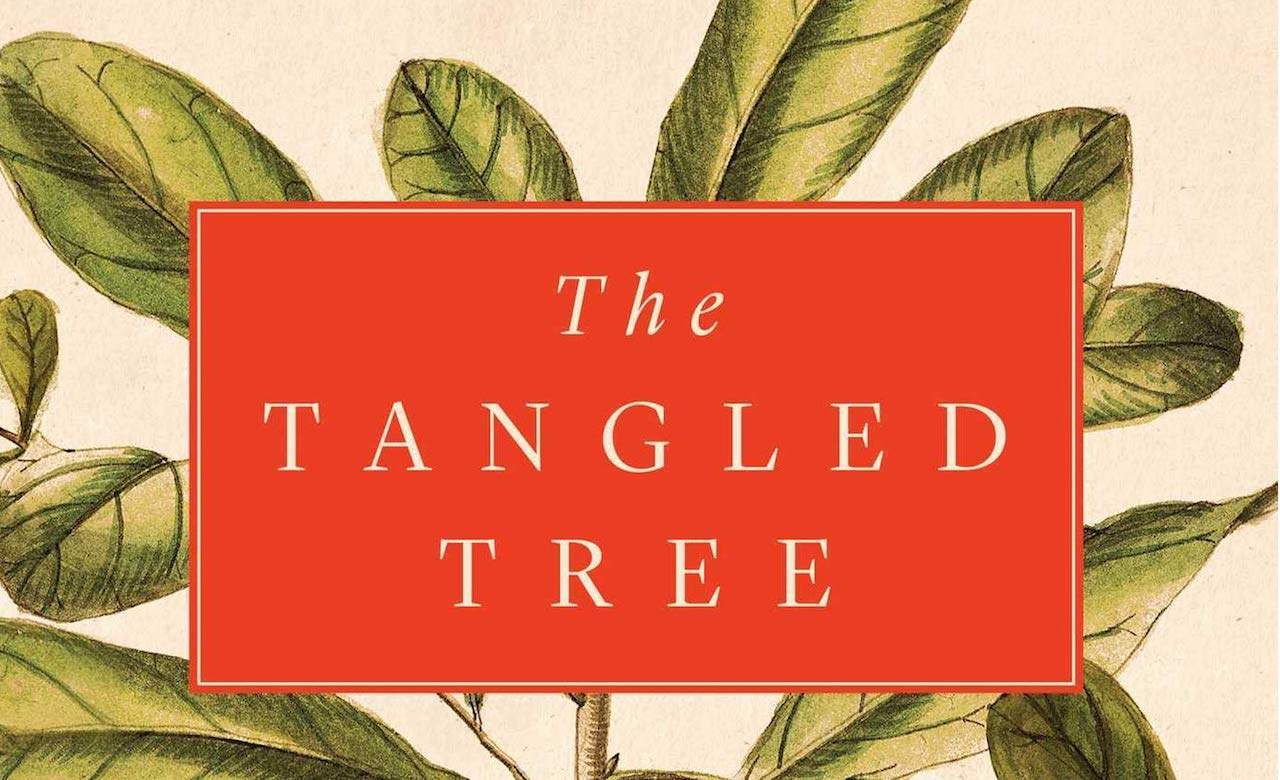
THE TANGLED TREE BY DAVID QUAMMEN
I still remember my first encounter with David Quammen's writing as an undergraduate student. His prose is almost always breathtaking, and his insights mesh the disquieting with the awe-inspiring. In The Tangled Tree, he problematises the vertical or 'inherited' focus of evolutionary biology (the arborescent, or tree-like model), foregrounding instead the intricacies of lateral and non-progressivist modes of 'evolution' (for instance, when genes skip from one species to a (seemingly) unrelated species). If this sounds esoteric or dull, stick around for the more profound follow-ons and shake-ups of our modes of knowing and being that make this a fascinating and necessary read. Whereas vertical and progressivist narratives of evolution, those most abundant since Darwin, tend to emphasise human exceptionalism, our difference from and superiority to other species, Quammen's (re)narrativising shows just how much our biology continues to interface with and profit from that of nonhuman animals. "We are composites of various creatures," he says. "We are mosaics."

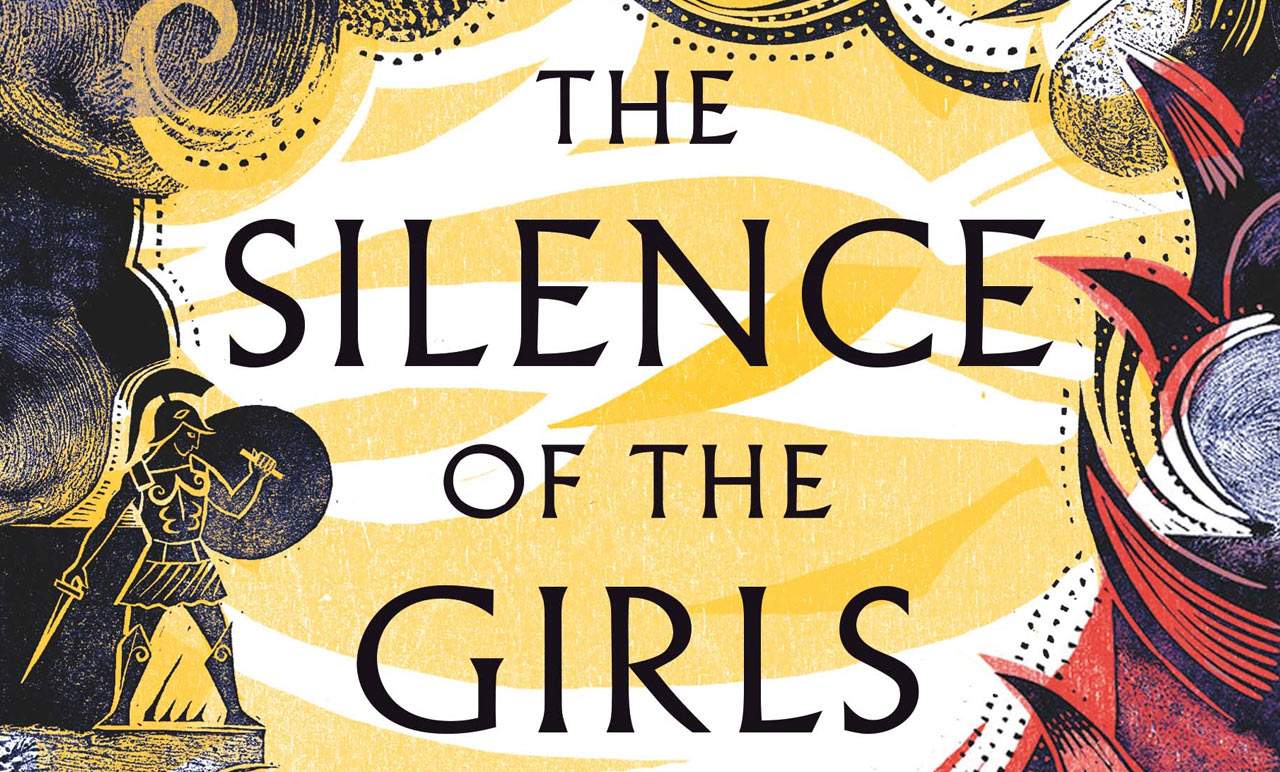
THE SILENCE OF THE GIRLS BY PAT BARKER
With a title that speaks volumes, Pat Barker's retelling of The Iliad is the summer must-read book for all of us out there who sat through Classical Studies wondering, and what about the women? (Not just the regal Helens, mind you, the other women). Barker (re)narrates The Trojan Wars from the perspective of a female slave, Briseis. (In Homer's original, Briseis is less a character than a plot point; a princess-turned-trophy). This is of course an 'impossible' history, since such a woman as Barker's protagonist would have been deprived of all means of inscribing her voice into history. She acknowledges this, saying: "We need a new song." In this the novel gets right to the heart of the matter that history's structure and shape often exclude women 'before the fact,' since 'feminine' expression is often understood to be subjective, unreliable, and the like. But why do we deem 'masculine' modes more objective? Barker has to imagine — and does so admirably well — what the idiom of a woman whose body is fought over by two Greek soldiers would have looked like. And so from the beginning of her narration, Briseis deconstructs masculinist history: "Great Achilles [...] Brilliant Achilles, shining Achilles, godlike Achilles…How the epithets pile up. We never called him any of those things; we called him 'the butcher.'" Perhaps the most brilliant of lines is the description of Briseis's rape at the hands of Achilles: "he fucked as quickly as he killed, and for me it was the same thing."

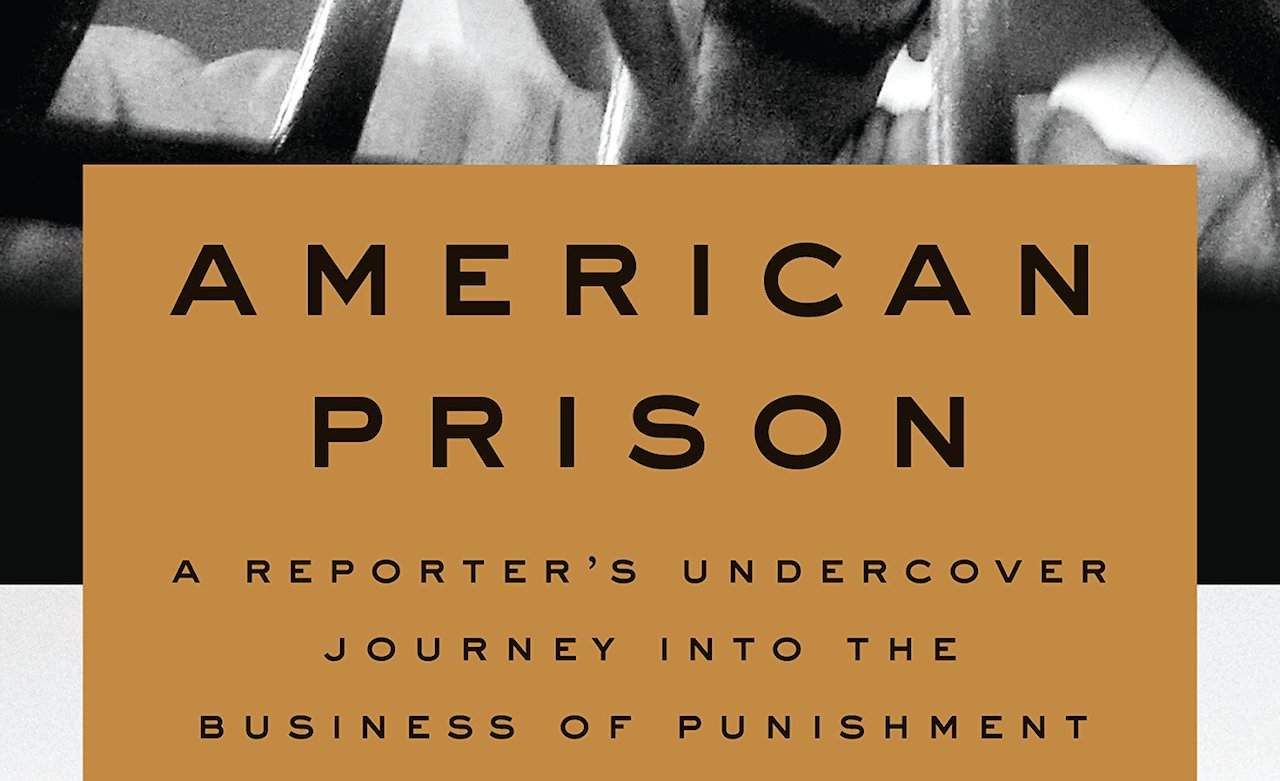
AMERICAN PRISON: A REPORTER'S UNDERCOVER JOURNEY INTO THE BUSINESS OF PUNISHMENT BY SHANE BAUER
Like the collocation of the words 'business' and 'punishment' in its title, Shane Bauer's fascinating book-length work of investigative journalism should unsettle you. Yes, it's about American prisons, one if we're to be as objective as possible, but in case you should naively believe that we in New Zealand live in some antipodean paradise, let us remember that private for-profit prisons exist here too and continue to treat inmates appallingly. Bauer's perspective is all the more fascinating when we turn to his biography: he was imprisoned for two years in Iran, and wrote about this elsewhere (A Sliver of Light, 2014). Now, in American Prison, he writes about his four months tenure as a guard in a private prison (he infiltrated Louisiana's Winn Correctional Center). Understaffed, underpaid, with cut-throat budgets for inmates and prison guards alike, such institutions ensure anyone who wasn't a fully fledged criminal when they went in, will almost certainly be one when, or if, they get out (setting a prisoner is free is almost always detrimental to a prison corporation's bottom line). Bauer notes how insidious the late-capitalist mechanisms that wear down bodies are, writing that "to treat everyone as human takes too much energy. More and more I focus on proving I won't back down." Finally, by setting his exposé in the South, Bauer incisively links incarceration with colonialist practices of slavery, its intersecting violences of racism, torture, and capitalism. As he notes, institutions such as Winn Correctional are but "the latest chapter of a story that goes back to the foundation of this country, wherein white people continue to reinvent ways to cash in on captive human beings." This book will likely leave you feeling enraged — I for one believe that's a good thing.

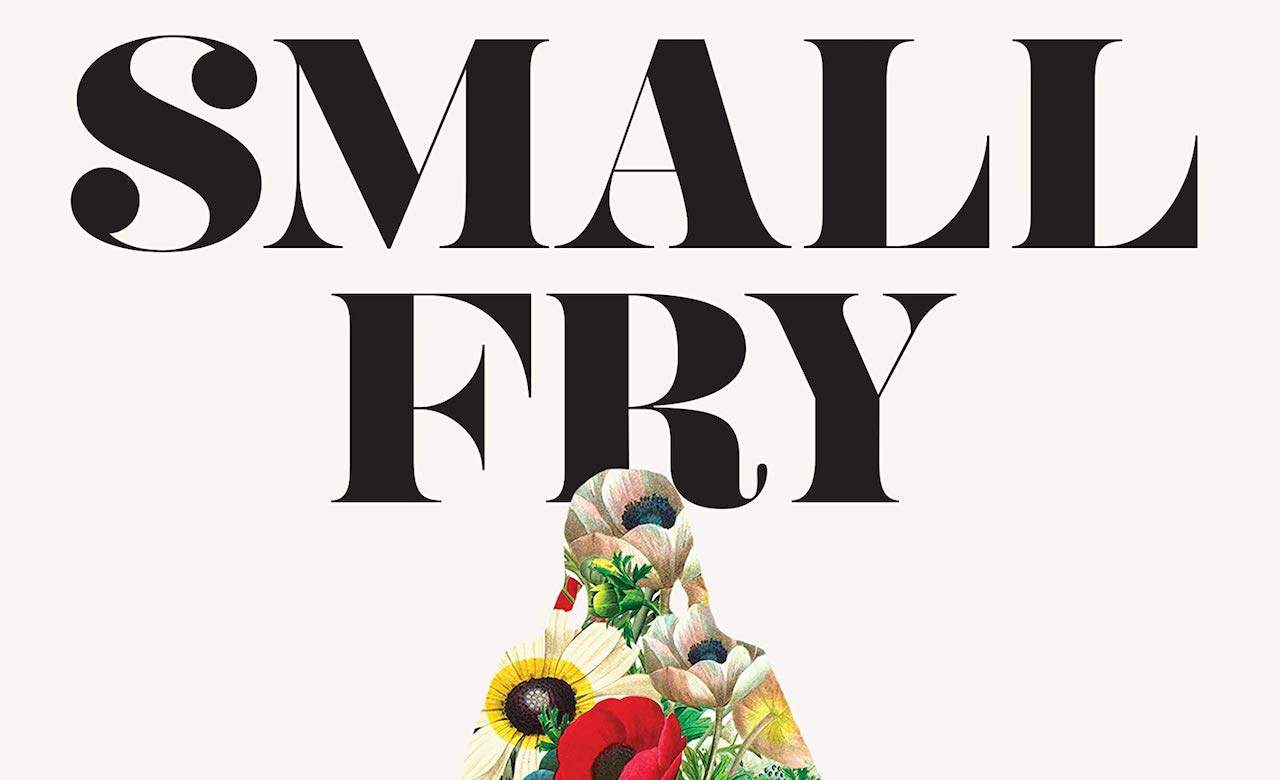
SMALL FRY BY LISA BRENNAN-JOBS
Steve Jobs has been firmly deified by society, not least of all by predominantly young male techies. It seems we're always willing to excuse behaviours in a 'genius' that would be immediately recognisable elsewhere as rather sociopathic. Sometimes these behaviours even receive the euphemistic title of 'eccentricities'. In her controversial memoir Small Fry, Lisa Brennan-Jobs supplements the public persona of her father with that of the private one she knew (or hardly knew, he denied he only recognised her as his own daughter when sued by the government for failure to pay child support). It would be too forgiving, though, to say that this somehow humanises the godly Jobs. But nor is Small Fry a tell-all work of scandal or revelation. As one reviewer put its, "Brennan-Jobs's book seems more wounded than triumphant; it can feel like artfully sculpted scar tissue." To say more here would be to spoil this enthralling work of autobiography.






